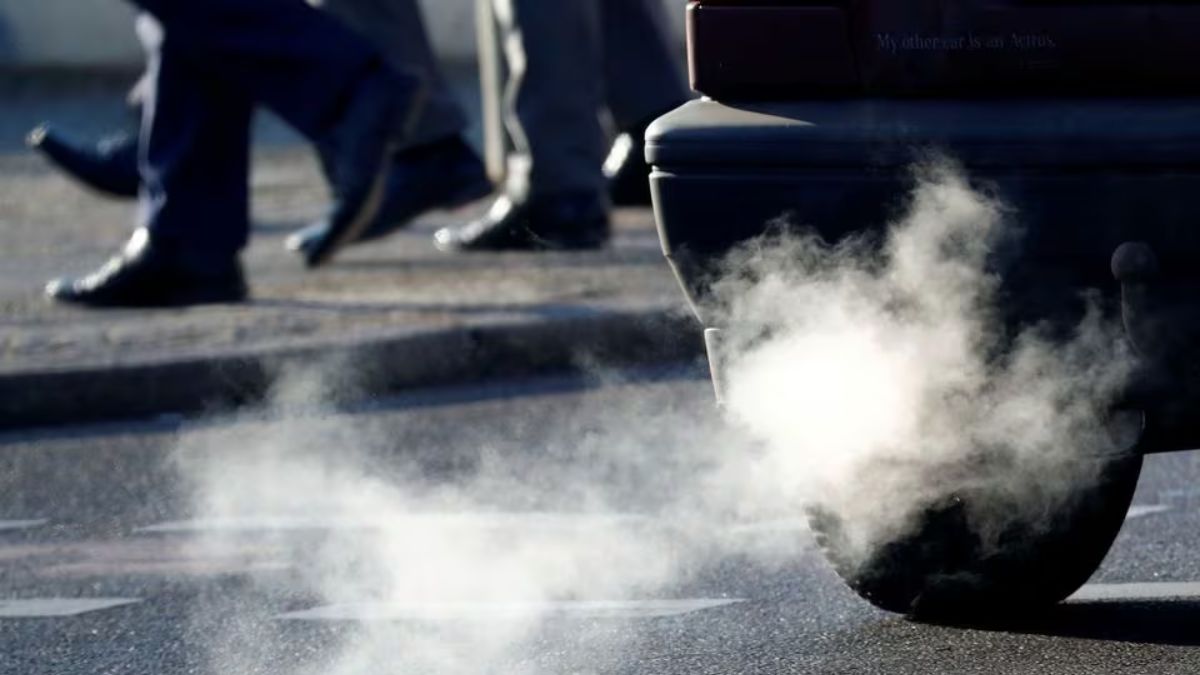- By JE Auto Desk
- Tue, 09 Jan 2024 12:45 PM (IST)
- Source:JND
The Road Transport and Highway Ministry of India has set new rules for testing the emissions of flex-fuel vehicles, which can use different types of fuels. These vehicles will now need to undergo two tests—one for gases and another for particles in the air. However, if a vehicle runs on hydrogen, it needs to undergo one single test for nitrogen oxide emissions.
ALSO READ: Volkswagen Announces Integration Of ChatGPT Powered AI Chatbot In Its Vehicles
The government has set new rules for testing emissions from vehicles following the BS6 emission norms. If a vehicle can use two types of fuel (bi-fuel) and has a flexible fuel option, it needs to undergo both gas and particle emission tests. However, if the vehicle runs on hydrogen, only a test for nitrogen oxide emissions is required. The notification also mentions that vehicles using biodiesel blends up to seven percent will be tested like diesel vehicles (B7), and those with blends above seven percent will be tested according to their specific blends.
The government notification also made it clear that rules about the amount and number of particles in the emissions from vehicles with positive ignition engines (like hybrids) will only apply to vehicles with direct injection engines. The government notification further states that diesel vehicles should not emit visible pollutants beyond a certain limit, which is measured as the light absorption coefficient, during tests conducted at constant speeds under full load.
ALSO READ: Maruti Suzuki Arena Models Available With Discounts Of Up To Rs 47,000; Check Full Details Here
The government released this notice after sharing a draft of test rules for M and N category vehicles on May 9, 2023. These categories cover both private and commercial vehicles. The tests were introduced after collecting feedback from different stakeholders. The notice explains that these emission tests are meant to reduce vehicle pollution and encourage automobile manufacturers to improve their technologies for cleaner fuels.

